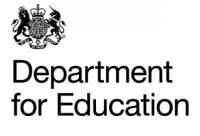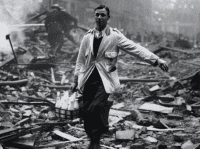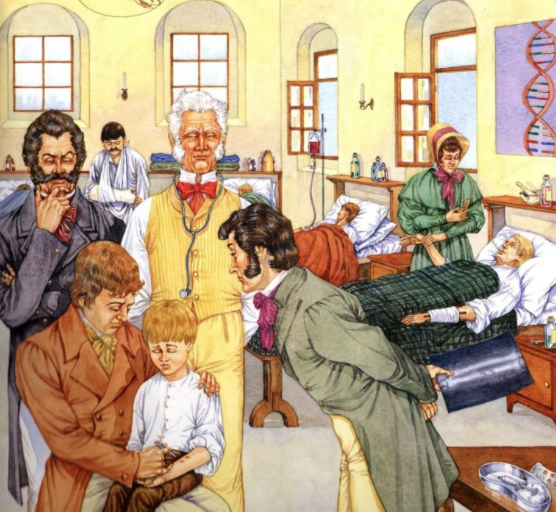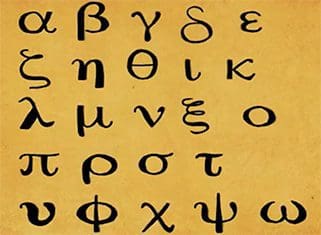
I thought I would publish all the OFSTED deep dive reports I can find which illuminate what schools should be doing in primary history
Here are verbatim extracts from a recent OFSTED deep dive into history in a school judged outstanding . I have added in italics a few of my own comments .
You seek to build a secure foundation of chronological understanding in British history up to 1066 by the end of Year 4, before bringing in more non-British aspects, particularly in upper Key Stage 2.
This seems to me just a description-not a judgement. Does the school abandon chronological history after Y4?
The school aims to have a broad curriculum, but it is not clear that this will consistently meet the requirements of the national curriculum. For example, in key stage 2, the school covers more than one aspect of British history that extends pupils’ chronological knowledge beyond 1066. To this end, your curriculum covers the Normans and the Second World War. While there is nothing intrinsically wrong with this ambition, the curriculum, as currently organised, runs the risk of squeezing out some of the non- 2 British aspects of the national curriculum that are compulsory in a maintained school.
Rather an odd comment. Does the school not teach non-British units? If so it ought to be flagged up as contravening the National Curriculum, not just running the risk of distorting the curriculum. What extra value do the 2 thematic units bring?
Leaders’ processes to assure themselves that the school meets the requirements of the national curriculum are not as clear as they need to be.
In what sense, other than what has been described?
The leader for history is a subject specialist and brings an understanding of history as a discipline to the school’s planning. Teachers are enthusiastic about history and show good levels of appropriate subject knowledge. They sequence learning well, which helps pupils to learn more and remember more. For example, pupils in Year 3 can confidently use the terms ‘Palaeolithic’, ‘Mesolithic’ and ‘Neolithic’. Moreover, they can explain the similarities and differences between these periods of the Stone Age. Pupils in Year 5 can identify different causes that contributed to the outbreak of the Second World War.
Aspects of disciplinary knowledge are introduced to pupils early in their school careers. For example, pupils in Year 1 learn about the concept of significance when they answer the question ‘Why was Neil Armstrong significant?’
The school-wide focus on developing pupils’ confidence in using technical vocabulary is clearly paying off and can be seen in the way pupils use historical terms well in discussion. Teachers have high expectations in this area and are not frightened of using complex technical language when it is required. However, the written work that pupils complete is not always well chosen to support the schools’ ambitious curricular goals. Some of it runs the risk of anachronism or inviting non-historical responses.
It would be good to have some examples of this.
Pupils with special educational needs and/or disabilities (SEND) are fully involved in the history curriculum, which is as equally ambitious for them as it is for other pupils. All staff are clear about this, with many voicing the opinion that studying history can be a really positive experience for some pupils with SEND who might find other aspects of the school curriculum more difficult.
You and your staff are clearly committed to the value of studying history and history also plays a significant role in the wider curriculum, contributing well to pupils’ personal development. Trips are a key part of life at the school, and many have a strong history content. For example, pupils learn about Anglo-Saxon life at a residential visit to a reconstructed medieval village.
Does this sound as nonsensical to you as it does to me? Are pupils expected to be aware that they are looking at a medieval village reconstruction which might be 500 years after the period they are studying?
They learn about the Second World War when they visit the Fleet Air Arm Museum at Yeovilton, which is an important aspect of local history too.
More will be added as they become available.








